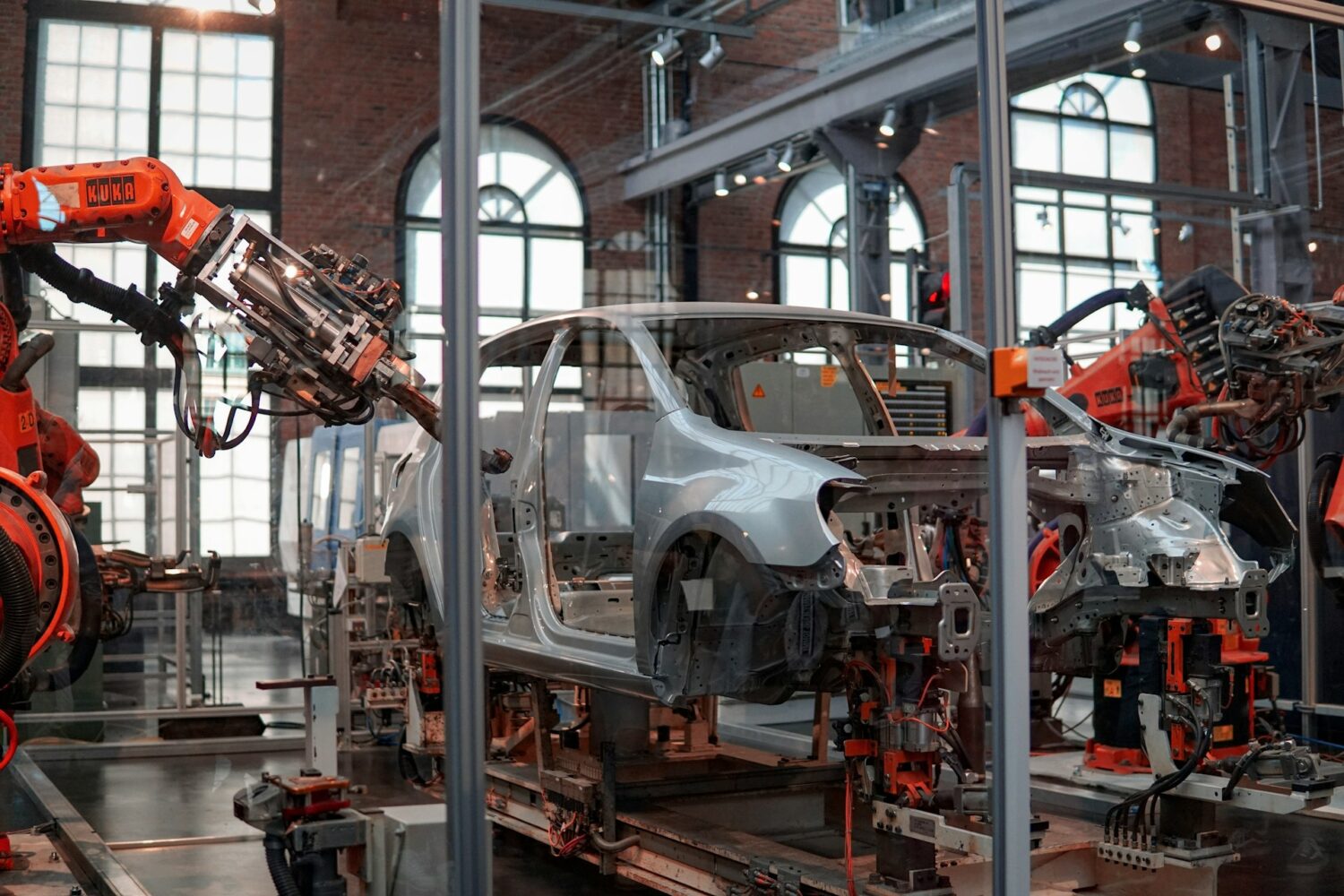In the dynamic world of automotive manufacturing, scrap metal plays a pivotal role that often goes unnoticed. This backstage hero is integral to producing new vehicles, contributing significantly to both economic and environmental sustainability. As the automotive industry continues to innovate, the importance of scrap metal remains steadfast, driving forward both technological advancements and eco-friendly practices. Read on to learn more about how scrap metal is transforming the automotive industry.
Sustainable Manufacturing
Scrap metal is a key player in reducing the environmental impact of car manufacturing. By utilizing recycled materials, manufacturers significantly lower the need for raw metal extraction, which is both energy-intensive and environmentally damaging. Additionally, incorporating scrap metal into vehicle production helps decrease greenhouse gas emissions, aligning with global efforts to combat climate change. The integration of scrap metal in automotive manufacturing exemplifies a commitment to sustainability, showcasing the industry’s progress towards a more eco-friendly future.
Cost Efficiency
Recycling scrap metal is cost-effective. It reduces production costs by lowering the expenses associated with mining, refining, and transporting raw materials. These savings can be passed on to consumers, making vehicles more affordable. By integrating scrap metal into their operations, automotive manufacturers can achieve a balance between economic viability and ecological responsibility, improving both innovation and sustainability in the industry.
High-Quality Production
Contrary to some misconceptions, scrap metal doesn’t compromise quality. Advanced recycling techniques ensure that recycled metals meet the stringent standards required for automotive manufacturing. This results in high-quality, durable components. The use of recycled metal contributes to the creation of robust car frames, reliable engine parts, and other essential components, all without compromising on quality. Thus, the integration of scrap metal into automotive production exemplifies how innovative recycling methods can drive both economic and environmental benefits, maintaining the industry’s commitment to excellence.
Energy Conservation
Recycling and repurposing metal from old vehicles allow manufacturers to significantly reduce the need for new raw materials. This process limits environmental damage and also conserves the energy typically required for mining and refining metals. Utilizing scrap metal helps create a more sustainable production cycle, ensuring that cars are built with minimal ecological impact. Energy conservation is a significant benefit, helping manufacturers meet sustainability goals and reduce their carbon footprint.
Waste Reduction
The use of scrap metal helps mitigate the problem of industrial waste. Recycling old vehicles and other metal products helps the automotive industry reduce landfill waste. This practice conserves natural resources while reducing the environmental impact of mining and metal production. Furthermore, using recycled metal requires less energy compared to processing new metal from ores, resulting in lower carbon emissions. This approach also supports the creation of a more circular economy, where resources are continuously reused, maintaining their value and utility over time.
Innovation in Design
Scrap metal opens doors to innovative design possibilities. Engineers and designers can experiment with different metal alloys and composites, leading to advancements in vehicle performance, safety, and aesthetics. Manufacturers are increasingly turning to recycled metals to create lighter, more fuel-efficient vehicles without compromising strength and durability. Using scrap metal reduces production costs and supports sustainable practices, aligning with global environmental goals.
Supporting the Recycling Industry
Scrap metal incorporation can help automotive companies support the recycling industry. This creates jobs and fosters economic growth within communities, highlighting the broader social benefits of recycling. Automakers benefit from cost savings while contributing to a circular economy that prioritizes resource efficiency and waste reduction.
Enhanced Supply Chain Resilience
Relying on scrap metal can make supply chains more resilient. It diversifies material sources and reduces dependence on volatile raw material markets, ensuring a steady and predictable supply of essential metals.
Contribution to a Circular Economy
Scrap metal plays an important role in the automotive industry, contributing significantly to the circular economy. The automotive industry’s commitment to using scrap metal aligns perfectly with these principles, contributing to a more sustainable and responsible economic model. In essence, the utilization of scrap metal in car manufacturing exemplifies a commitment to sustainability, leading the industry towards a greener, more resource-efficient future.
Meeting Regulatory Standards
Governments worldwide are imposing stricter environmental regulations on industries. Utilizing recycled materials like scrap metal helps automotive manufacturers comply with these regulations, avoiding penalties and enhancing their market reputation. This harmonious blend of sustainability and regulatory adherence underscores the vital importance of scrap metal in modern automotive manufacturing.
The integration of scrap metal in the automotive industry is not just a trend but a transformation. It offers environmental, economic, and social advantages, positioning the industry for a more sustainable and innovative future. For anyone interested in learning more, companies such as Big Daddy Scrap are an excellent resource to learn more about the benefits of scrap metal use and recycling both in the automotive industry and many other industries. The adoption of recycled metal in automotive production is a forward-thinking approach that aligns economic efficiency with ecological responsibility, creating a win-win scenario for businesses and the planet.

